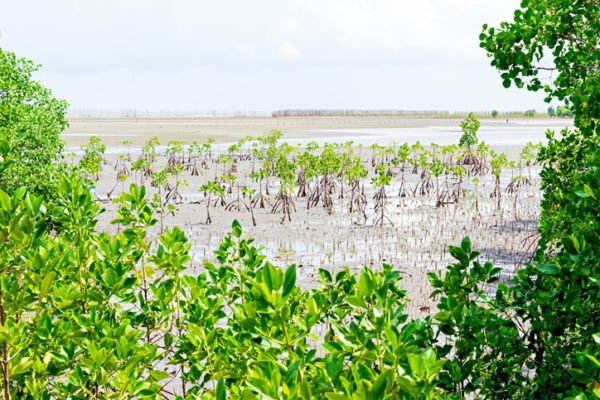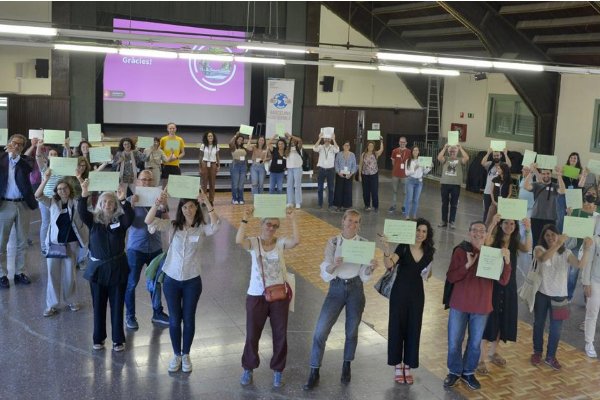The report sees the highest investment potential for green solutions in the water management, urban, forestry and agricultural sectors. There are strong synergies with climate adaptation and mitigation.
Barriers to nature-based solutions
The small individual investment size, the long timeframes for financial returns and risk profiles that differ from non nature-based investment options contribute to the modest uptake of nature-based solutions in Europe.
The lack of information on the benefits of those solutions and the lack of technical expertise to implement rather complex projects form another investment barrier.
In addition, there can be regulatory hurdles to creating the necessary forms of cooperation and co-financing.
Scaling solutions
The report presents a set of policy and financial recommendations that would help to scale nature-based solutions in the European Union.
It calls on local, national and European administrations to introduce regulation and incentives for private-sector involvement and innovative action by the public sector.
These could take the form of rewards for delivering nature-based solutions, but they would also have to come as rules stipulating mandatory action.
For instance, there could be legal requirements to consider nature-based, green solutions before resorting to human-engineered or grey infrastructure, which is often the default option.
The reform of the common agricultural policy (CAP) is a prime opportunity to fund nature-based solutions more directly and reduce practices that negatively impact ecosystems.
Availability of capital
On the financial side the report points to the need to cater for the entire range of project maturities, stages, sizes and risks, with a focus on early-stage capacity building and financing.
This includes better availability of seed funding, loans on favourable terms, investment grants, subsidies and the development of de-risking mechanisms.
Financing techniques used in the innovation, infrastructure and impact financing ecosystems can be adapted for NBS.
Ideally, projects would be able to access a range of finance products specific to sectors and rooted in local conditions.
Projects should also benefit from multiple revenues derived from the co-benefits of nature-based solutions.
The public sector will have to play a key role in supporting early-stage investments. It will also be vital in enabling and incentivising institutional long-term investors like insurance companies to invest in nature-based solutions.
 Play Video about This Rock Might Just Save The World
Play Video about This Rock Might Just Save The World Play Video about Play 2 hours of rock
Play Video about Play 2 hours of rock Play Video about Play 2 hours of brook
Play Video about Play 2 hours of brook Play Video about Play 2 hours of sheep
Play Video about Play 2 hours of sheep















































